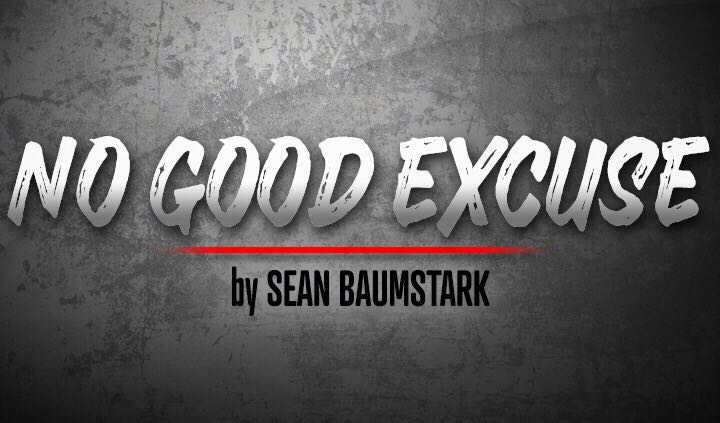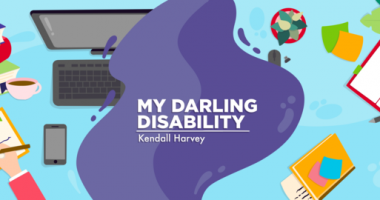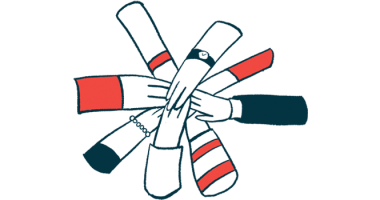Excuses Keep Us from Being Ourselves

Last week, I had the privilege of co-hosting a panel discussion centered around living with a rare disease. Biotech company Amicus Therapeutics invited my podcast co-host, Kyle Bryant, and me to facilitate a panel with three teenage girls, each living with a different rare disease.
The discussion took place at the Make-A-Wish Wishing Place in Monroe Township, New Jersey, in front of a global collection of employees of the biotech company. The event itself was inspiring and heartwarming to be a part of. The location was beautiful, and the synergy of these two established organizations was dynamic and special to experience.
Amicus is working to advance therapies for rare diseases, and Make-A-Wish is committed to making dreams come true for children facing critical, and sometimes fatal, illnesses. I believe these two organizations are making life better for many people.
The greatest takeaway for me came from the three young ladies who participated in our panel. One after another, each shared her own story of challenges and triumphs in the face of a rare disease. They shared openly not only about their diagnoses and prognoses, but also the physical and emotional impact their diseases have on their daily lives.
We asked a couple of different questions that allowed each panelist to share “advice” from their own experiences. In their own unique words, each panelist offered a similar message of “Be yourself.”
Join our FA forums: an online community especially for patients with Friedreich’s Ataxia.
I believe that message alone can be powerful to meditate on and applies to all walks of life. Everyone has plenty of reason to “hide” behind their challenges, mistakes, disabilities, or failures. The list is endless, really.
Such a list will always be endless as long as we are looking for reasons to hide behind or refrain from contributing significantly to the world, or even just the communities around us. When we let a setback, failure, or disability define who we are or what we can do, we begin a lifetime of excuses that keep us from being a more complete version of ourselves. In a sense, this leaves us being less than ourselves.
Call me a dreamer, but I believe that everyone is born with the potential to change the world. Maybe that world is small for some and significantly larger for others, but everyone has a contribution to make to some degree. Unfortunately, when we focus on our setbacks, we give those setbacks permission to dictate how we show up in our daily pursuits.
Of course, we need to understand our limitations and carefully manage life in a manner that doesn’t risk our health or life itself. We can and should respect our limits. But we can’t let obstacles become barriers.
Instead, we must find a reason to be ourselves and pursue the best version of ourselves possible.
Each of the three teenagers I met last week has plenty of “socially acceptable reasons” to stay home and keep their dreams, passions, and ambitions to themselves. In other words, they have more than enough excuses to halt their contributions to society. Instead, they have chosen to be themselves, setbacks included, and keep excuses from hindering their impact on the world around them.
Their advice is applicable to all ages and all circumstances: Be yourself.
***
Friedreich’s Ataxia News is strictly a news and information website about the disease. It does not provide medical advice, diagnosis or treatment. This content is not intended to be a substitute for professional medical advice, diagnosis, or treatment. Always seek the advice of your physician or another qualified health provider with any questions you may have regarding a medical condition. Never disregard professional medical advice or delay in seeking it because of something you have read on this website.







Comments